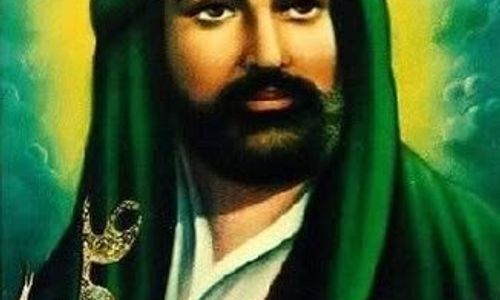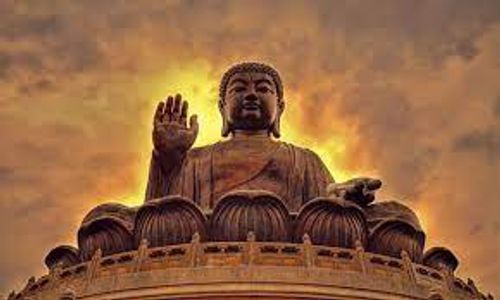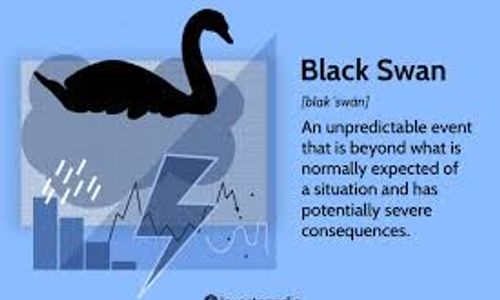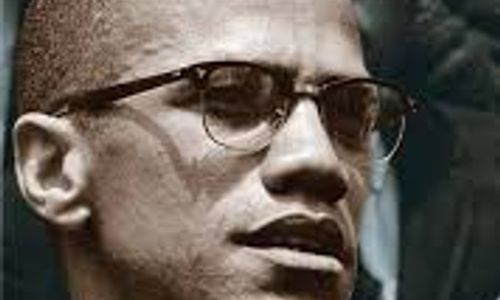Félix Tshisekedi was declared the winner of DRC’s December 2018 elections and was inaugurated in January 2019. The transfer of power from President Joseph Kabila marked the first peaceful transfer of power in the DRC’s history. However, the 2018 election results have since been questioned, and some polling data indicates that a different candidate, Martin Fayulu, may have won. Upon his inauguration, Tshisekedi inherited a number of crises, including outbreaks of Ebola and ongoing violence in eastern DRC.
The abundant natural resources—especially precious minerals—found in Congolese soil have globalized the conflict in eastern DRC. While U.S. companies once owned vast cobalt mines in the Congo, most were sold to Chinese companies during the Barack Obama and Donald Trump administrations. Chinese companies connected to Beijing now control the majority of foreign-owned cobalt, uranium, and copper mines in DRC, and the Congolese army has been repeatedly deployed to mining sites in eastern DRC to protect Chinese assets. The Joe Biden administration has acknowledged that China’s virtual monopoly in DRC’s mining industry plays a significant role in boosting China’s comparative advantage in the energy and technology arenas and hinders U.S. clean energy aspirations.
China is involved in Congo’s internal conflict as well as its economy: the Congolese government is fighting M23 rebels with the help of Chinese drones and weaponry, and Uganda has purchased Chinese arms to carry out military operations within DRC’s borders. The deals China negotiated with Congolese leadership, especially during the Joseph Kabila regime, have helped Chinese firms secure unprecedented access to metals that allow them to mass produce electronics and clean energy technologies. The Beijing-Kinshasa relationship came under international scrutiny leading up to President Kabila’s resignation in 2019 when evidence emerged that Chinese capital—intended for infrastructure investment as repayment for mining rights—was being funneled to Joseph Kabila and his associates. China and DRC’s complex, multi-layered economic and military relationship has resulted in limited access to the Congo’s vital resources and profits for other countries and the Congolese people themselves. China’s presence in resource-rich eastern DRC is not without its risks. In September 2023, Chinese nationals were among the casualties of a militant group’s deadly robbery of a mining company convoy. Additionally, a U.S. congressional human rights commission heard testimony in July 2022 regarding the use of child labor and other illegal practices in Congolese mines, allegedly including those owned and operated by Chinese companies. While the United States does maintain a relationship with DRC, the trade relationship is minimized by U.S. restrictions on imports from conflict-affected states and bans on importing “conflict minerals,” which are resources such as tin and gold mined for the profit of armed groups in the Congo and neighboring countries.
Recent Developments
The conflict’s most threatening possibility is the further regionalization and expansion of fighting in eastern Congo. While the situation is already lethal, full-scale wars in the Great Lakes region can be much worse; the Second Congo War is widely considered the deadliest in human history since World War II. Currently, DRC is embroiled in an ongoing political confrontation with Rwanda. In 2022, M23 rebels resurfaced after five years of inactivity and gained control of large parts of North Kivu province by July 2023. Kinshasa, along with multiple foreign governments, has repeatedly accused Kigali of funding and supporting M23’s resurgence. In return, Kigali accuses Kinshasa of supporting Hutu extremist militias such as the Democratic Forces for the Liberation of Rwanda (FDLR). Rwanda maintains a significant military presence in eastern DRC and along the countries’ shared border. Rwanda and Uganda—and militias with their support—have financial stakes in Congolese mines (though they are not always legitimate).
In October 2023, UN Special Envoy to the Great Lakes Region Xia Huang warned that tensions between the two countries could lead to an open military confrontation, expressing his concerns about “the military strengthening in both countries, the absence of direct high-level dialogue, and the persistence of hate speech.” The two countries agreed in late November 2023 to a U.S.-brokered pact to bilaterally reduce military presence near the border, reduce hate speech, and refrain from efforts to affect one another’s political systems. Despite the agreement and initial promise of a seventy-two-hour ceasefire ahead of the DRC’s national election, ongoing, lethal conflict in eastern Congo has continued largely unabated into 2024.
The role of international security forces in the Congo has been inconsistent and controversial for several years. Between 2022 and 2023, a series of local protests against the presence of MONUSCO forces turned violent, exacerbating anti-intervention sentiment among the public and local officials who viewed the peacekeepers as ineffective. Despite those concerns, international and regional intervention continued: in May 2023, the South African Development Community (SADC) deployed troops to join UN stabilization forces before the December 2023 elections. However, that September, President Tshisekedi called on MONUSCO to withdraw before the new year, and the UN Security Council (UNSC) acquiesced. The decision was ultimately reversed when the UNSC, fearing a sudden security vacuum and further barriers to aid deliveries, voted to extend MONUSCO’s mandate through the end of 2024; a slower drawdown process is now underway. East African Community (EAC) troops, in contrast, followed through with a December 2023 withdrawal from the Congo, having only been present in the country for a year.
The Congolese military and residents of eastern DRC continue to contend with increasing attacks by the Islamic State-affiliated Allied Democratic Forces (ADF). Exchanges of fire, missile attacks, and skirmishes between M23, Rwandan troops, Congolese forces, and other militia groups remain commonplace. DRC’s relations with Rwanda, as well as Burundi and Uganda, continue to be fragile.
DRC is home to nearly seven million people who have been internally displaced due to the constant threat of violence and atrocities, as well as extreme poverty and mining expansion, especially in the North Kivu, Ituri, and South Kivu provinces. The displaced population urgently needs security support, medical aid, and other humanitarian aid. Approximately one million Congolese nationals are seeking refuge beyond the Congo’s borders.
Reference: https://www.cfr.org/global-conflict-tracker








